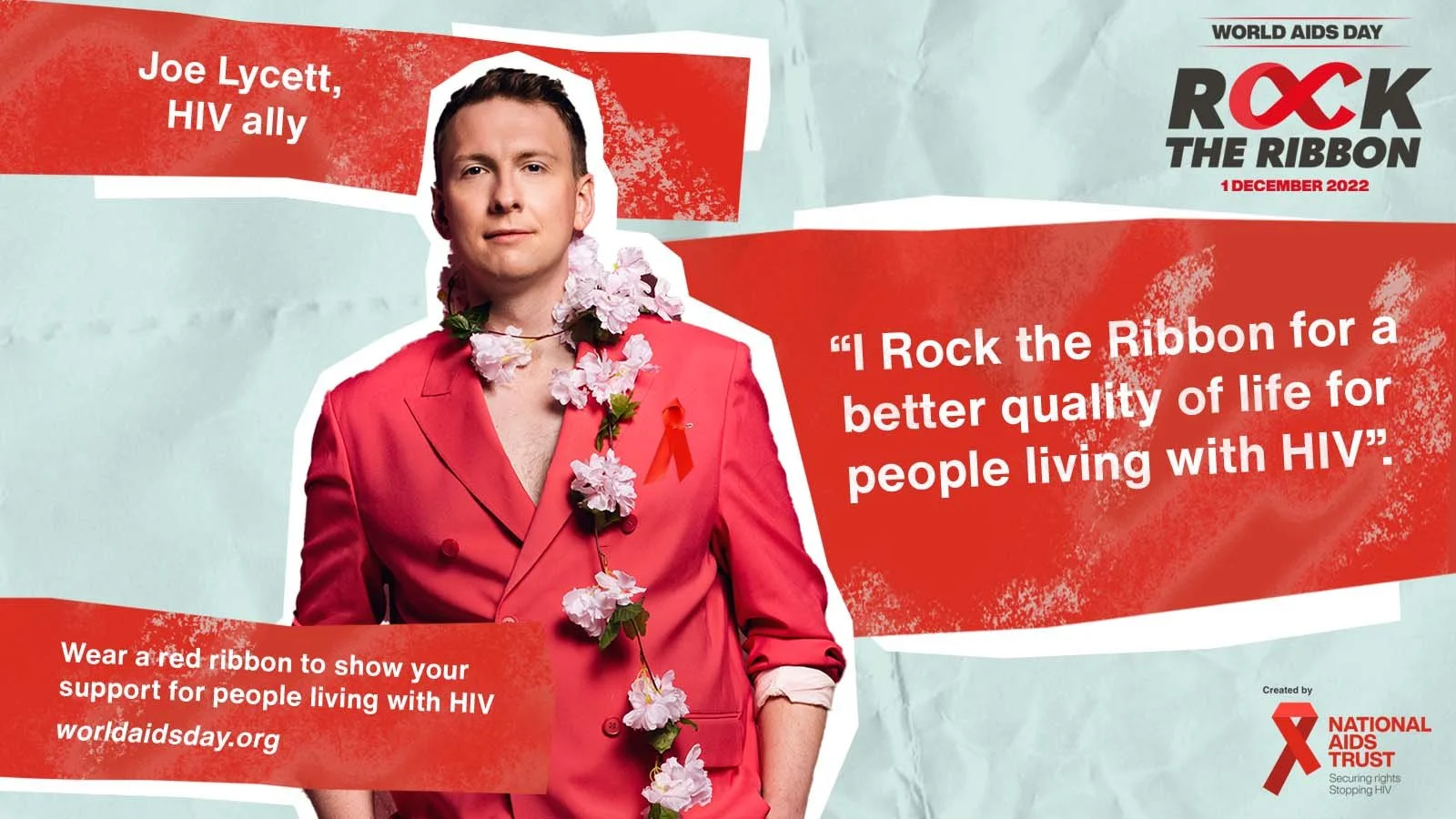World AIDS Day
This December the team at Aquamarine Health Clinic unite with millions globally to show support for people living with HIV and commemorate those who have died from AIDS- related illnesses. World AIDS day was founded in 1988 and was the first global health day.
The global estimate of those living with the virus is 38 million with over 105,000 in the UK. We understand so much more about this condition since it was identified in 1984 and there have been significant advancements in its management and treatment.
Those living with HIV in the UK now have laws to protect them and there is increased awareness, openness and education. Those with the condition can lead full and active lives and for some travel can be an integral part of that.
It is vital that people living with HIV (PLWH) should speak and work in conjunction with their HIV specialists while making travel plans. There are specific resources relating to HIV and travel which can be a very useful aid in the organization of any overseas travel (See below and Travel health pro)
PLWH will have their risk assessment completed according to their destination like all other traveller’s but the advice will be tailored to their risk, needs and personal circumstances.
Travel insurance is vital for all travellers, however, some standard policies may decline to cover people living with HIV or AIDS. Specialist polices and information can be found via the Terrence Higgins Trust.
It is vital for the PLWH to discuss plans with their team and understand what level of immunosuppression they have prior to travel. This is measured by their CD4 count and those with over 500 cells/µl are considered to have no suppression and those with under 200 cells/µl are considered to have severe suppression.
There also needs to be carefully planning with regards to carrying medication, entry requirements and the availability of resupply if something happened to their medication. It would also be prudent to plan where specialist HIV related help can be sought in a particular country.
All travellers should adhere to strict food and water precautions but this is essential for anyone who is immunocompromised. PLWH are at greater risk from certain infections like Campylobacter or salmonellosis and the complications that can be associated. For food and water advice and the management of diarrhoea see - Food and water safety — Aquamarine Health Clinic
Travellers’ Diarrhoea — Aquamarine Health Clinic
PLWH also need to reduce their risk of contracting vector-borne diseases by following strict bite avoidance measures. Avoiding insect bites — Aquamarine Health Clinic
Avoiding mosquito bites — Aquamarine Health Clinic
Malaria — Aquamarine Health Clinic
Malaria can be a particular risk to any immunocompromised travellers and there needs to be careful planning especially as there can be interactions between HIV medication and antimalarial drugs (See Liverpool HIV Interactions (hiv-druginteractions.org)
Some vaccinations may need careful consideration, and this should all be assessed as part of the planning process. For further information on vaccines see below and - NaTHNaC - HIV and AIDS (travelhealthpro.org.uk)
There can also be other environmental risks causing a variety of other infections from respiratory fungal infections to parasitic worms and caution and planning needs to be made to try to prevent exposure to all of these.
With careful planning those PLWH can travel and enjoy the wonders of the world and this World AIDS day we hope there is a continued global education, understanding and appreciation for this group of travellers.
References and information
NaTHNaC - HIV and AIDS (travelhealthpro.org.uk)
BHIVA guidelines on the use of vaccines in HIV-positive adults 2015
Aquamarine Health Clinic is a specialist travel clinic based in Plymouth, UK. This blog was kindly written by Travel Nurse Cat Brewer.






